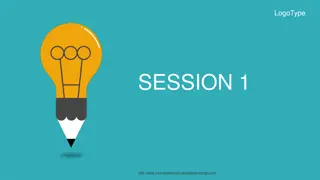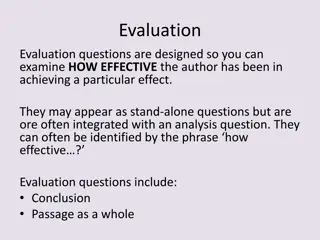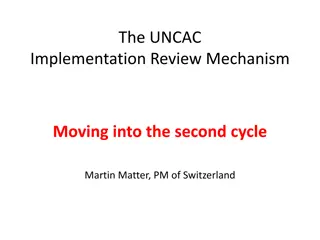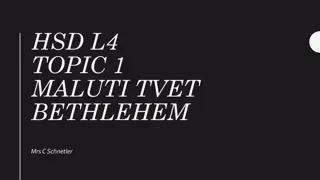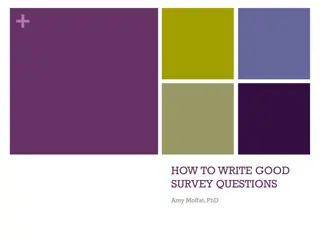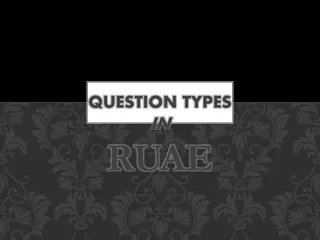
Qualitative Research Review Questions
Explore ungraded review questions on qualitative research, covering topics such as the purpose of qualitative studies, criteria for good qualitative research, views of reality in grounded theory, and methods like ethnography. Delve into the impact of influential works and the flaws in famous studies in the field.
Download Presentation

Please find below an Image/Link to download the presentation.
The content on the website is provided AS IS for your information and personal use only. It may not be sold, licensed, or shared on other websites without obtaining consent from the author. If you encounter any issues during the download, it is possible that the publisher has removed the file from their server.
You are allowed to download the files provided on this website for personal or commercial use, subject to the condition that they are used lawfully. All files are the property of their respective owners.
The content on the website is provided AS IS for your information and personal use only. It may not be sold, licensed, or shared on other websites without obtaining consent from the author.
E N D
Presentation Transcript
Qualitative design: Ungraded review questions
Which of the following is true? A. The purpose of quantitative study is for hypothesis testing only. Exploratory study is not allowed. B. The purpose of qualitative study is for description only. Causal explanations are not allowed. C. Qualitative research uses focus group. D. All of the above
Which of the following is the commonly accepted criterion of good qualitative research? A. External validity B. Internal validity C.Reliability D. Credibility
What is the view of reality in grounded theory? A. Reality is objective and the truth is out there to be discovered. B. Reality is evolving. One can retrospectively reinterpret the past. C. Reality is a result of social construction. Everyone makes up one s own world. D. All of the above
Ethnography is often used by A. Anthropologists B. Journalists C.Cultural psychologists D. All of the above
In ethnography how can you avoid bias? A. Learn the native language of the culture under study. B. Bring a team in which all team members have the same training. C. Disclose your background and the objective of the study to the participants. D. All of the above
What is the impact of Edgar Snow s book Red Star over China ? A. Americans started to form a favorable view of the Chinese Communists and the Soviet Union. B. At the middle of World War II Truman ceased supporting the Chinese Nationalist government. C. Americans looked at Mao as a reformer and a hero. D. All of the above
Which of the following is NOT a flaw of Margaret Mead s Samoa's study? A. She was not fluent in the native language and had to count on a translator. B. She didn t understand the culture and took what people said literally. C. She wrote down what she heard but didn t verify it using other sources. D. She has a strong preconception inherited from her mentor Franz Boas (the nature thesis)






